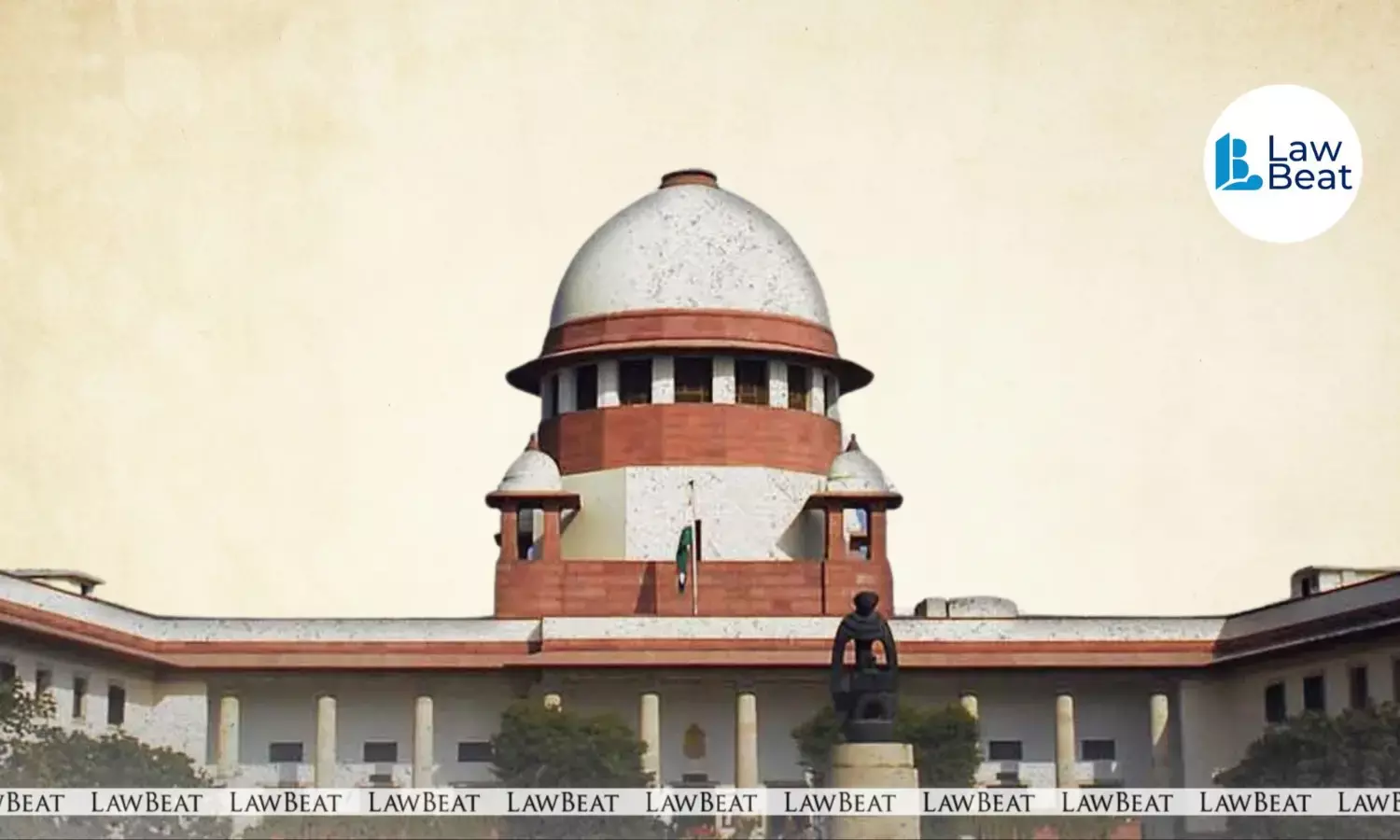Courts To Adopt Calibrated Approach Before Cancelling Mass Appointments: SC

The Supreme Court on August 19, 2025, held that when large scale appointments are challenged on general grounds, courts and authorities must undertake a detailed, fact-specific analysis before declaring all appointments void.
Emphasizing that the doctrine of severability must guide real administrative action, the Court cautioned against “mechanical application” of blanket cancellation orders that affect large groups without differentiation.
A bench of Justices J.K. Maheshwari and Aravind Kumar observed, “Service jurisprudence in India must evolve to reflect a nuanced approach that separates legally sustainable appointments from those that are vitiated. It is neither just nor desirable to extinguish the careers of deserving employees merely for administrative convenience or to avoid the labour of segregation.”
The Court underscored that indiscriminate cancellation of entire batches undermines employee morale and public administration credibility. It mandated that in all future cases of large-scale irregularities, courts must consider segregation and apply severability before resorting to the extreme step of en masse cancellation.
The bench stressed that early scrutiny of eligibility, sanctioned strength, and absence of wrongdoing enables preservation of lawful appointments while removing only those tainted.
Such an approach, it said, aligns with constitutional morality and prevents “judicial overcorrection.”
Reiterating the distinction between irregular and illegal appointments, the Court said this divide is neither artificial nor academic.
An irregular appointment occurs when procedure is not strictly followed, but the candidate is qualified and the post sanctioned. An illegal appointment is void ab initio; such as where the appointee is ineligible or the post does not exist.
“Conflating the two categories leads to manifest injustice, particularly when individuals who had no role in procedural lapses suffer termination,” the Court observed. Justice demands “separation, not erasure.”
Courts must resist blanket invalidations based on procedural infirmities affecting only a fraction of appointments. Principles of fairness, proportionality, and individual justice require case-by-case assessment, it was stressed.
The ruling came in an appeal by Pawan Kumar Tiwary, Hemant Kumar Choubey, and Amar Kumar, whose Class III appointments in Jharkhand State Electricity Board were canceled after the High Court annulled the entire selection process.
The High Court had reasoned that even without fraud, if the selection process was tainted by malpractice, the whole process must be scrapped.
The Top Court disagreed, noting that the appellants fulfilled all eligibility conditions, were appointed within sanctioned strength, and faced no allegation of fraud, misrepresentation, or mala fides.
The Enquiry Report itself conceded that Routine Clerks’ appointments were within cadre strength. Cancelling such appointments without individual examination violated natural justice and Articles 14 and 16, the Court held.
The High Court’s failure to apply individual scrutiny, now a bedrock of service jurisprudence, amounted to abdication of duty.
The bench clarified that its ruling does not create an inflexible rule. Citing State of West Bengal v. Baishakhi Bhattacharyya (2025) (teachers’ recruitment scam), it said where a recruitment process is irredeemably marred by pervasive fraud or institutional malaise, courts may nullify the entire selection in the interest of constitutional integrity.
In such cases, exceptions to natural justice may be justified.
However, in the present case, the appellants’ appointments were “untainted by illegality,” and their dismissal without hearing was unjustified.
The Court declared their April 24, 2009 appointments legal and valid, setting aside the High Court order.
When large-scale appointments are challenged, courts must separate legally sustainable from unsustainable appointments, apply tests of eligibility and sanctioned strength, examine for fraud or misrepresentation, and provide an opportunity of hearing before cancellation; “To punish the innocent for administrative lapses they neither caused nor participated in is contrary to constitutional guarantees,” the bench concluded.
“Where appointments are sustainable, courts must lean in favour of preservation, not obliteration", it was added.
Case Title: Pawan Kumar Tiwary & Others v. Jharkhand State Electricity Board (Now Jharkhand Urja Vikas Nigam Ltd) & Others
Date of Judgment: August 19, 2025
Bench: Justices J.K. Maheshwari and Aravind Kumar
